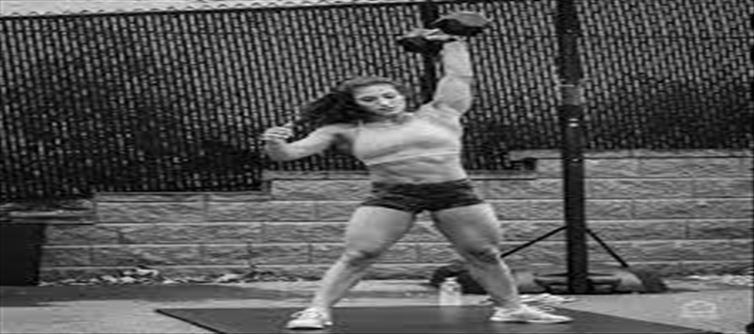
Hydration assumes a crucial role in the context of exercise, exerting direct influence on your performance, comfort, and overall physical condition. When you engage in physical activity, your body temperature rises, prompting the natural cooling mechanism of sweating. Sweat comprises water and essential electrolytes like sodium and potassium, which must be replenished to uphold proper physiological functions.
.jpg)
Sweat functions as the body's cooling agent during physical exertion. dehydration hampers the body's ability to regulate temperature effectively, elevating the risk of overheating and potential heat-related ailments such as heat exhaustion or heatstroke. dehydration can impede muscle function, leading to issues like muscle cramps and diminished coordination and strength during exercise.
Hydration is vital for maintaining focus and cognitive clarity. dehydration may result in reduced concentration, affecting your capacity to make quick decisions during activities requiring precision. Insufficient hydration can cause premature fatigue, curtailing your endurance and overall exercise capability. Maintaining proper hydration levels enables longer and more effective workouts.
Extreme dehydration and heat can give rise to heat-related conditions spanning from muscle cramps to heat exhaustion and life-threatening heatstroke. The key lies in commencing your workout in a well-hydrated state and preserving hydration throughout the exercise session. The American college of sports Medicine recommends water or electrolyte-containing sports drinks before, during, and after exercise.




 click and follow Indiaherald WhatsApp channel
click and follow Indiaherald WhatsApp channel